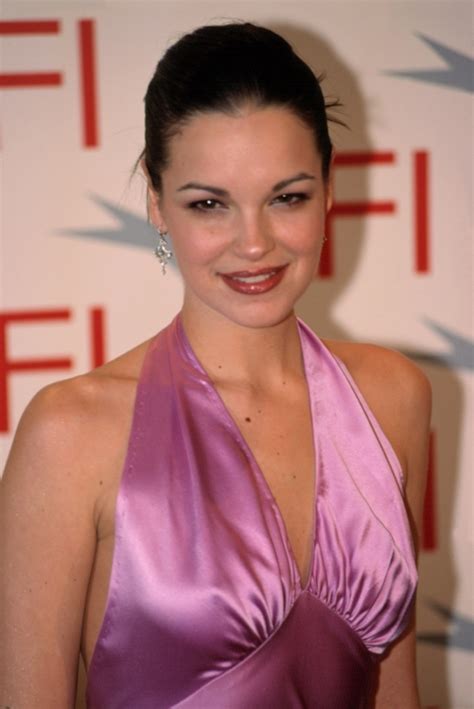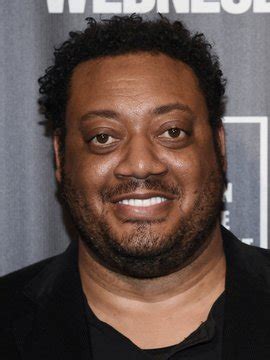A Quote by Tracy Letts
'Killer Joe' provides a lot of red meat for the theater. Pam MacKinnon is the perfect director to shepherd a group of actors who share a certain bloodlust.
Related Quotes
Theater is about interpretation and what an actor and what a director brings to a piece too. I'm open to it every time I work with a director and a group of actors. I have to be open to that interpretation. I'm not one of those hysterical playwrights that come and say, "This is not what I intended to do." It's one rendition of the piece.
The cast, staff, and crew of a live theater work together toward a common goal: a good performance. Thus, theater is necessarily a group effort. However, it is never a group effort of vague fellow committee members, but of associated autocrats-a playwright, a producer, a director, a stage manager, designers, and, above all, actors. Each accommodates the others, and may overlap others in function when necessary. But each autocrat assumes distinct responsibilities and accepts them completely.
'Killer Joe' was originally written in 1991 and first produced in '93 at the Next Theater's Lab - a 40 seat black box theater in Evanston, Illinois - back when I was getting started. I was just 25 and I had been acting for awhile, but it was my first play and the one that really got me noticed, especially by Steppenwolf.
I learned a lot from Clint [Eastwood], who's an extremely economic director. I learned a lot from Michael Winterbottom, who really gave a lot of trust in the actors and allowed them to live in the space instead of trying to manipulate and make it too set and too staged. Working with [Robert] De Niro taught me a lot of being an actors' director and what that is. I've learned a lot from pretty much everybody. Hopefully I've picked up something from everybody I've worked with.
I think film is a world of directors. Theater is a world of actors. Or, theater is for actors as cinema is for directors. I started in theater. Filming is as complete as directing film. In theater, you are there, you have a character, you have a play, you have a light, you have a set, you have an audience, and you're in control, and every night is different depending on you and the relationship with the other actors. It's as simple as that. So, you are given all the tools.
All red meat contains saturated fat. There is no such thing as truly lean meat. Trimming away the edge ring of fat around a steak really does not lower the fat content significantly. People who have red meat (trimmed or untrimmed) as a regular feature of their diets suffer in far greater numbers from heart attacks and strokes.
With a group of people, a troupe of actors in the theater, you go out on tour, and you're like a traveling circus. It's very sociable, and there's a real community, and it's very intense, and then you may never see them again. That was very appealing. I mean, it wasn't consciously appealing, but I think a lot of actors like that.





































